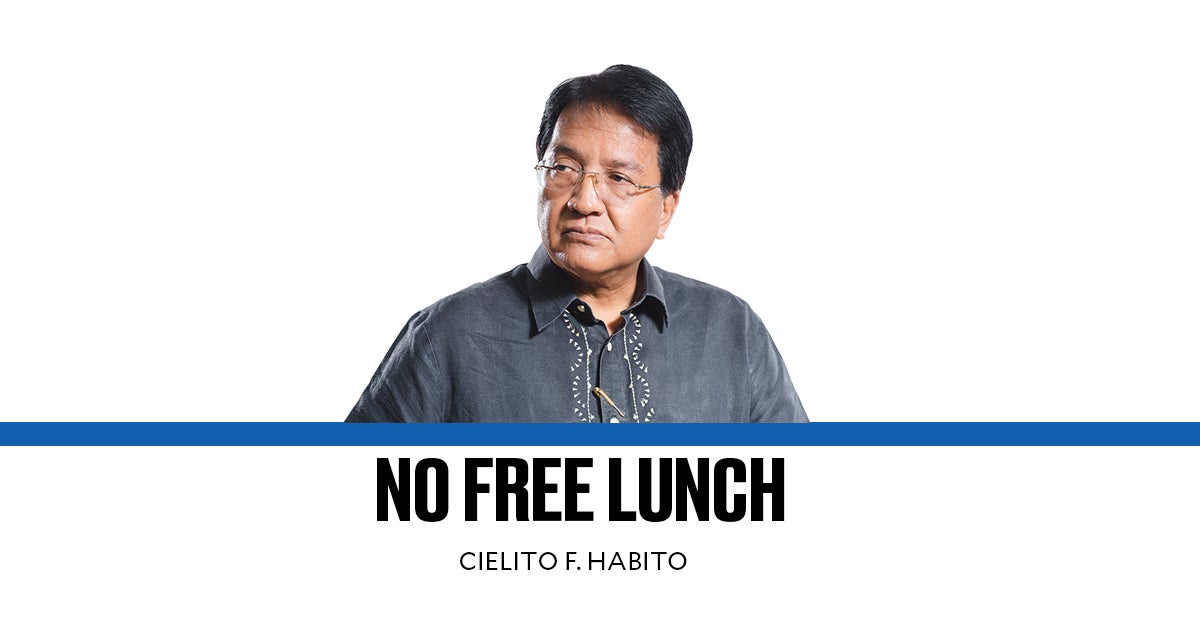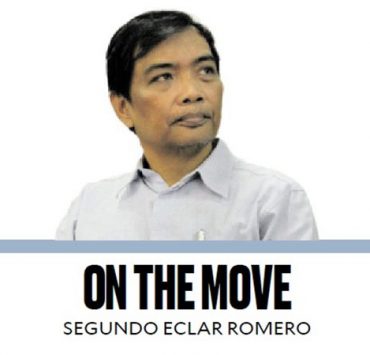Curbing corruption

I recently wrote on how corruption has gotten so bad that it seems already accepted by many as a reality we cannot change, especially because the Filipino electorate—and that includes all of us who vote—just can’t seem to stop putting crooks in positions of power. I’m often tempted to resign myself to not see it improve within my remaining lifetime, but the hopeful side of me looks to how other countries appear to have done much to curb corruption. I mentioned Vietnam in my last article on the topic, and it might be worthwhile to take a closer look at what they and a couple of other countries known to have had great success on the matter had done.
Vietnam has used a mix of top-down policies, legal reforms, and public engagement to fight corruption. The clout and political will of the Communist Party of Vietnam have been crucial, suggesting that a strong top-down impetus to stop corruption is vital. Establishment of anti-corruption agencies like the Central Steering Committee for Anti-Corruption was crucial, empowered to investigate and prosecute cases without interference. Even the highest officials of government are not immune from investigation and punishment. In 2018 alone, over 60 officials were arrested on corruption charges, including politburo members, provincial leaders, and CEOs of state-owned enterprises. Prominent among them was Trinh Xuân Thanh, former head of the PetroVietnam Construction Joint Stock Corp., who was sentenced to life imprisonment for embezzlement and abuse of power. With his case and others, the government sent a clear message that no one is above the law.
Georgia is another developing country that has significantly brought down corruption. Over the past two decades, it has evolved from a nation known for pervasive graft to one of the cleanest and most transparent in Eastern Europe. Its transformation began with the overthrow of President Eduard Shevardnadze with the peaceful Rose Revolution of 2003. His replacement, Mikheil Saakashvili, made the fight against corruption a top priority. His most prominent move was the complete overhaul of the public sector, particularly the police. He fired over 15,000 police officers in one sweep, and recruited a new generation of officers with higher standards of training and accountability. Police salaries were quadrupled to curb bribery, and it worked. Whereas 90 percent of Georgians reported paying bribes to police officers in 2004, it was less than 10 percent by 2012. This police reform was a key milestone in rebuilding trust in public institutions.
The government also simplified and streamlined regulations, reducing bureaucratic hurdles that bred corruption. It digitalized public services to reduce face-to-face interactions where bribery and corruption often occurred. As in Vietnam, the Anti-Corruption Council, the State Audit Office, and the Public Defender’s Office were given substantial independence to monitor government activities and report on corruption.
Singapore stands out in Asia as the most successful in curbing corruption. Upon gaining independence in 1965, its first Prime Minister, Lee Kuan Yew, made it clear that corruption would not be tolerated at any level of government, seeing corruption as a fundamental barrier to the country’s development and international standing. Through a combination of political will, institutional reforms, strict enforcement, and a culture of zero tolerance for corruption, Singapore has become a global model for good governance.
As in Vietnam and Georgia, critical to Singapore’s success was the establishment of strong, independent institutions to prevent and punish corruption. The Corrupt Practices Investigation Bureau had significant independence to investigate and prosecute corruption cases without political interference. It has broad authority to investigate government officials, private sector employees, and anyone involved in corrupt activities, making it one of the most powerful and effective anti-corruption agencies in the world. Tough anti-bribery laws impose severe penalties on both bribe-takers and bribe-givers. These strict laws are aggressively enforced, with frequent high-profile cases of both public and private sector figures being prosecuted for corruption.
There are at least three lessons we can pick up here. First, corruption control must come from the top, and until we manage to elect a leader who will declare zero tolerance for corruption and truly enforce it, we might as well keep on dreaming. Second, overhauling and professionalizing the police, Georgia-style, sounds appealing. But the political will needed to do it is an extremely scarce commodity in this country. Third, we need our corruption watchdogs to finally snare the real “big fish,” something that has kept eluding us for decades. Is there room for any hope, then?
—————-
cielito.habito@gmail.com


















